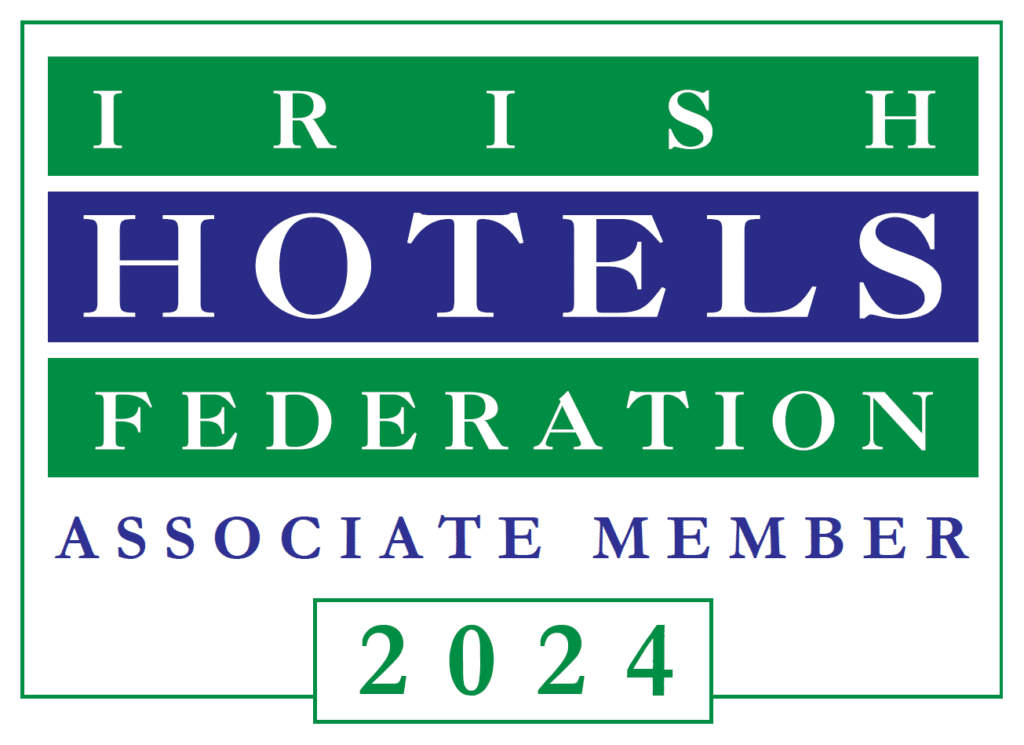As RFP season rolls around again you might receive a couple of RFP requests in your inbox or via an extranet portal. But what is an RFP and what does it do? And more importantly, should you be signing up to them? We’ve put together an explanation and a couple of pointers for you to help you understand the process and some of the terminology involved.
WHAT IS AN RFP?
We’ll start at the very beginning. RFP stands for “Request For Proposal”. It is a list of specific requirements sent by a company through an agent or consortia detailing the needs of their company. These can include but not be limited to the facilities needed in bedrooms such as work desk or internet access, the conference and meeting room facilities, access to the business centre, food requirements, leisure centre access, car parking etc. RFP’s are usually geared around companies and corporate guests and are sent out mostly by multinational companies (such as Pfizer or GSK) every 12 months to confirm availability of a corporate rate for their employees. Some of them also detail the volume of business the property can expect from the company over the period of the contract, should the bid be successful. The bidding is not all down to price, many international companies have minimum standards they expect from hotels such as security, fire regulations, female policies etc.
During the RFP process you might also come across some terminology you may not be very familiar with, but we’ve gathered some of the main ones here to help you through the process.
LRA – this means “Last Room Availability” and is a clause some companies write into their RFP’s. If a company has an LRA included in their RFP, they can book a room in the hotel at their negotiated rate even if it’s the only room left in that category at the hotel.
NLRA – this means “Non-Last Room Availability” and with an NLRA included it’s at the discretion of the hotel whether they sell their last room at the negotiated rate or not.
Target Rate – or Ceiling Price is the highest rate the company is willing to pay and will state this on the RFP. There may be some leeway on this when it comes to negotiating and increasing the rate if guests are also allowed access to leisure facilities, free car parking etc.
WHY AM I RECEIVING AN RFP?
The reason a lot of properties receive RFP’s is due to their location – if you are positioned close to a business estate or a large distribution hub for a multinational company the chances are you will receive an RFP for that company. The likelihood is that you do have a negotiated rate in place for most of these companies already, however as most contracts are only valid for 12 months at a time the RFP must be reviewed and signed annually. This also gives you the opportunity to renegotiate the rate and some of the terms included in the contract.
It’s important not to ignore an RFP from a company you already have a negotiated rate with – going through the RFP process and being listed on their travel programme will give your property invaluable exposure and potentially create new opportunities to win business from their global offices around the world.
It’s good practice to keep track of the companies who are booking your property through the GDS or via an extranet, so that when the RFP process does begin you can request to be included, especially if you’re seeing a high number of guests from a particular company. You may be asked for the details of these numbers but if you’re segmenting your bookings correctly by source or by company this information should be easily accessible in your PMS.
SHOULD I ACCEPT ALL RFP REQUESTS?
Not necessarily. Make sure to read over all points on the proposal before signing anything! This a contract after all, so we recommend reading all the fine print. The target rate may be lower than the current ADR you are achieving, so you need to weigh up the Pros and Cons of each RFP based on volume, seasonality, ADR, etc. Only if you are happy with your assessment proceed with replying to the RFP.
Be very wary, some RFPs’ carry a charge to participate in them so when you review your RFP’s, make sure they’re free to enter or that the ones you do pay for are ones that will give a return on your investment – maybe they currently use your hotel. Sometimes too a new RFP is worth the gamble as long as you are aware of this and it’s a conscious decision.
Also worth noting is that some agencies and event companies in charge of organising larger meetings and events can send out RFP’s throughout the year; in this case it’s because the final decision on the location is yet to be made by a board of directors and they require a number of proposals before making
HOW TO SUBMIT AN RFP
Most RFP’s are straight forward and can be reviewed and submitted in a matter of minutes, and it’s usually through a GDS provider or an RFP tool such as Lanyon. There are some however, that do require a good deal of time and ask questions about everything from the layout of the rooms to the recycling policy in place at your hotel.
An important section being added to some RFP’s this year is about your COVID policy, so make sure that these details are correct, up to date and fully detailed on the proposal. RFP’s can seem a bit tedious at times, but usually once you’ve answered the questions the first time around, the answers default for you on any future RFP’s for that company so the process can be sped up. RFP’s are usually distributed by email, and you follow a link to access them on the platform provided by Lanyon or Pegasus etc, with a username and password.
HELPFUL HINTS:
- Included in a lot of company RFP’s are blackout dates which allows you to submit dates where the corporate rate will not be available, such as a recurring event in the area or for dates where the hotel isn’t open at all, like the Christmas period.
- If you are using a GDS and an RFP tool such as Lanyon; we would recommend reviewing your content and updating your images in Q1 annually. Expect Consortia’s and Agencies to be researching hotels and sending out RFPs as early as Q2. Ensure you review all the tabs, especially Health & Safety, security, accessibility, recycling policies, fire regulations, female travellers, COVID-19, etc. Quite often bigger companies have a minimum standard that they will accept so it is worth spending time on the details.
- Make sure that if you are submitting an RFP that you include as much information as possible to increase your chances of success. If you are unsuccessful in an RFP bid, companies usually include the reason as to why the bid was unsuccessful. It is worth recording these – quite often it can be price but sometimes small reoccurring issues can be addressed in an annual capital expenditure budget such as safety chains, female only floors, etc.
If you don’t have an RMS in situ to help you achieve this, please reach out to us at Rate Wise. We have the software to help you deliver these results. If you don’t have the manpower or the team members to analyse these results and implement changes, our Revenue Consultants can help you with short term 6-month contracts or longer-term contracts. Reach out to us at [email protected] if you have any questions or would like to arrange a demo.




